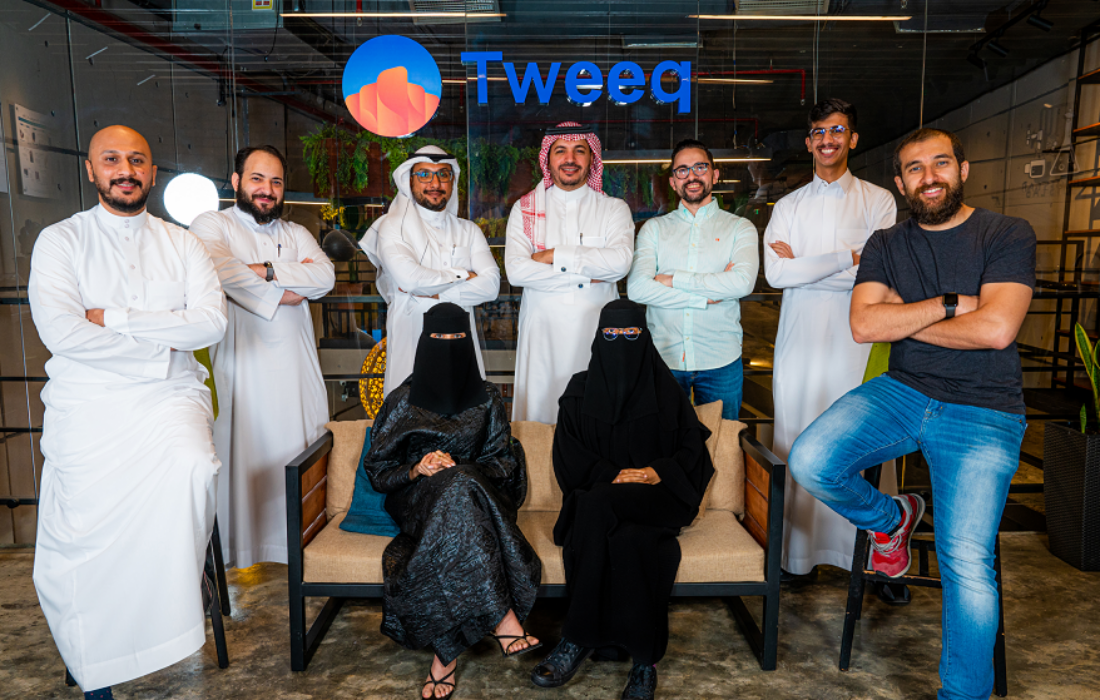What is Pylon and what is the company hoping to achieve?
Pylon is saving the planet, one metering point at a time. Our goal is to help utility companies increase efficiency and achieve better environmental footprints through subscription-based access to our software platform and smart metering hardware.
Our smart meter as a service model (SmaaS) aims to help utilities seek improvements in revenue collection, reduce losses through waste and theft and achieve a more efficient environmental footprint, all with a significantly reduced up-front capital expenditure.
Our technology incorporates data analysis and artificial intelligence and is designed specifically to solve the unique challenges of electricity and water services in emerging markets.
Pylon’s AI tool allows us to forecast usage and make real-time recommendations to our customers, resulting in more efficient lower-emissions usage. We also make use of detailed data collection and analysis to identify systemic inefficiencies that providers can take immediate steps to address. This can help our increase their top-line by up to 40%, capturing up to $400 billion of losses and uncollected revenue while also benefiting the environment – smart electricity grids alone can reduce utilities’ carbon emissions by 25%!
Our ultimate goal is to become MENA’s first Gigacorn by offsetting one Gigaton of CO2 emissions by 2030 – it’s a tough goal, but we believe we have the technology, leadership, and relentless drive to achieve it.
How was the company founded and what inspired you originally?
Before starting Pylon, I worked in the metering and energy business for over 12 years, developing and implementing the rollout of smart metering technologies in Africa, the Middle East, Europe, and Asia. This experience convinced me that more could be done to increase the efficiency of energy management in these markets.
I, therefore, founded Pylon in 2017, with my fellow co-founder, Omar Radi, when we realized the opportunities of solving the huge challenges present in the utility sector in emerging markets.
Given the financial losses due to wasted energy utilities in emerging markets have a clear opportunity by trade storming into a smart utility. The reason being the business case is quite favorable and the ROI is in the 5x range when choosing SmaaS.
The heavy losses incurred every passing moment make the decision over which technologies to deploy vital. This is why we built Pylon from the beginning to be hardware agnostic and meter agnostic, providing customers with options that suit their existing models and operations.
One challenge we do see is the traditional mindset & approach where businesses expect to pay for the transformation as a lump sum which is usually a substantial barrier to moving forward with the idea. However, we do see an appetite in some utilities to explore alternative methodologies such as SmaaS.
Any plans for future expansion?
So far, we have operations across Egypt and the Philippines where we work with 12 utility companies already. This includes notable customers such as Mostakbal City and Egypt’s Ministry of Defense, while in The Philippines, we are working with the City of Iloilo along with several other clients.
We are also targeting further expansion across MENA, Southeast Asia, and Latin America. These are all markets where our smart grid expertise – designed in emerging markets, for emerging markets – can really make a difference, improving utility efficiency and services and reducing carbon emissions.
What was the scope of your participation during COP27?
At COP27 we’re pleased to be exhibiting at the summit’s Green Zone, showcasing our solutions and sustainable development impact.
I also was part of two panels, the first was discussing the impact of smart metering solutions on energy efficiency and carbon emission reduction in Egypt and other developing economies, and the second was on building green businesses from climate impact startups to companies.
We also recently committed to two United Nations initiatives – Race to Net Zero and SME Climate Hub. As part of the Race to Net Zero campaign, we’re supporting a movement to promote a zero-carbon recovery that prevents future threats, creates attractive jobs, and unlocks inclusive, sustainable growth. We’re also now a member of the SME Climate Hub – part of the Race to Net Zero initiative – which seeks to empower companies like us to take climate action and build resilient businesses for the future.
Overall, it’s a very exciting time for Pylon, and I really feel what we’re doing is an important part of current sustainability trends – particularly given our focus on emerging markets which are arguably more at-risk from climate challenges.
What are some of the challenges you think utility companies face when trying to become more sustainable?
The main challenge facing utilities today in their transition to digital utility (which is a more sustainable utility) is the investment required.
Due to the waste I mentioned earlier, most utilities are facing challenges managing their cash flow and profitability and therefore lack the means to finance such transformational projects.
If you see something out of place or would like to contribute to this story, check out our Ethics and Policy section.










